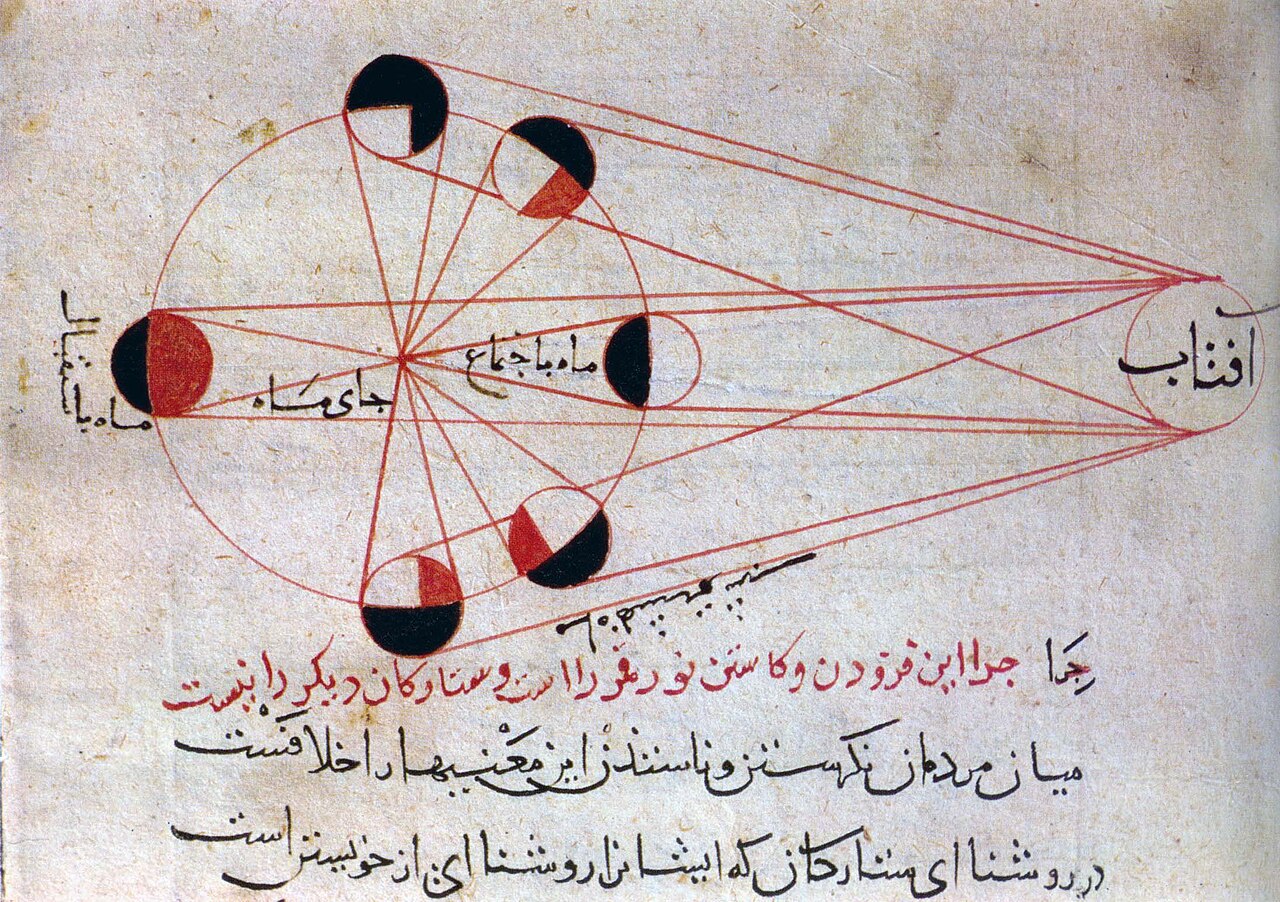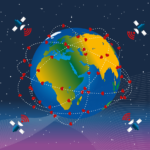
Changing the Eurocentric narrative about the history of science – why multiculturalism matters
By Karen K. Christensen-Dalsgaard
The history of science didn’t start and end with ancient Greece and modern Europe. From early optical experiments in 11th-century Cairo to advanced medical texts in the Islamic world, the scientific method we rely on today is rooted in a long, global tradition. Scholars like Ibn al-Haytham and Ibn Sina not only preserved ancient Greek knowledge but pushed it forward using experimentation and intercultural exchange. Their work laid the groundwork for Europe’s later “Scientific Revolution”—a story often told without mention of its multicultural roots.
This article challenges the Eurocentric version of scientific history and makes a strong case for why it’s time to teach science as a shared human journey. From Babylonian tablets to Chinese vaccines, the evolution of science has always depended on open minds, shared knowledge, and diverse perspectives. If we want to solve global problems, we need to understand—and embrace—that legacy.












